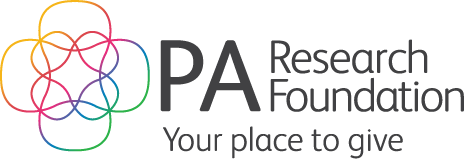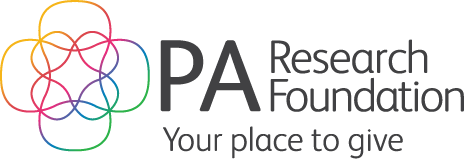
First Nations Australians are now receiving more culturally appropriate cancer care and support thanks to a new role in place at the PA Hospital, a First Nations Cancer Nurse Navigator.
Made possible by a collaboration between the PA Research Foundation, Dry July and the University of Queensland the PA hired Shanon Nealon to be its inaugural First Nations Cancer Nurse Navigator, with the experienced nurse beginning her role in January.
The role involves Shanon, an Aboriginal woman from the Pitta Pitta people of the Mt Isa region, helping First Nations Australians to better navigate the health system and their cancer journey.
Having been through her own cancer treatment journey, Shanon jumped at the chance to out both her cultural knowledge, nursing experience and lived patient experience to work helping others.
“I’ve worked in a community role with some intensive family support services in Brisbane, and it was a role similar to navigating. I really enjoyed being able to keep families engaged with education and health services,” she said.
“I went through cancer treatment in 2021. I was diagnosed with breast cancer. I spent two years going through treatment and then spent last year just having time to focus on myself and not being at appointments.
“For me to go back to work the role was going to have to be something really special. When I saw this job advertised, I was like, that's definitely me because I'm able to not only connect with our heritage, but also knowing what the cancer journey is like firsthand to go through.”
The nurse of over 20 years sees her role as building trust in health services among her patient cohort and also informing staff on how to be more aware and sensitive to cultural issues that are important to First Nations Australians. She added that she’s enjoyed the fact her role has been varied and a little different to the norm as she goes about helping patients stay engaged with the care.
“At the moment we are seeing people from Mt Isa, Townsville, wider Brisbane and down to Logan. It’s about building their trust in health services but also educating health staff,” Shanon said.
“A big part of it is that staff need to be educated so that they’re able to have an understanding of what our Aboriginal and Torres Strait Islander beliefs and cultural practices are. When we do that the patients start to have more trust in our health staff.
“It’s also being there to support their support person as well, which I think is really important. My dad supported me along my journey.”
“Once you're able to make that connection with them about being Indigenous, straight off the bat, you're already building rapport. We do have a couple of younger patients that have been known not to turn up to treatment and scans and things, as a result my role has gone a bit beyond just being a hospital role.
“For example, I was dropping medication off to their accommodation last week as they couldn't get up here, we were able to get it from the pharmacy here and I dropped it off on my way home.
“The other morning, I got a call from a patient saying they were not able to get to the hospital for treatment. It was an early morning appointment, so I picked them up on the way in.
“It's really important to keep them engaged by whatever means, whatever I need to do to keep them engaged in their treatment and coming to their appointments.”
Shanon said she is grateful to the funding partners for making her role possible so that more First nations patient can experience better outcomes, adding that she believes similar roles across the health spectrum would make a significant difference to First nations health.
“I think roles like this are important across a lot of areas of indigenous health, not just cancer, there are definitely areas outside of cancer where these roles are important and could be really impactful.
“At the end of the day, it's all about a better outcome for our mob and our elders and closing the gap.”
You can donate to help First Nations Australians to have better health outcomes by making the PA your place to give here.




